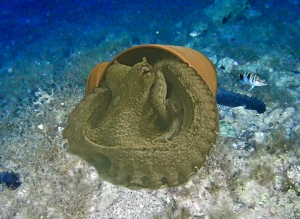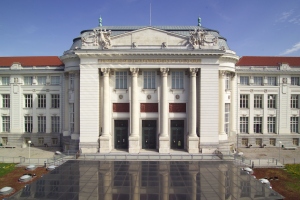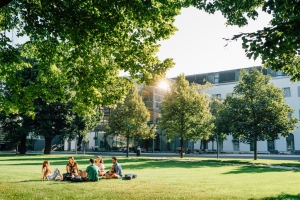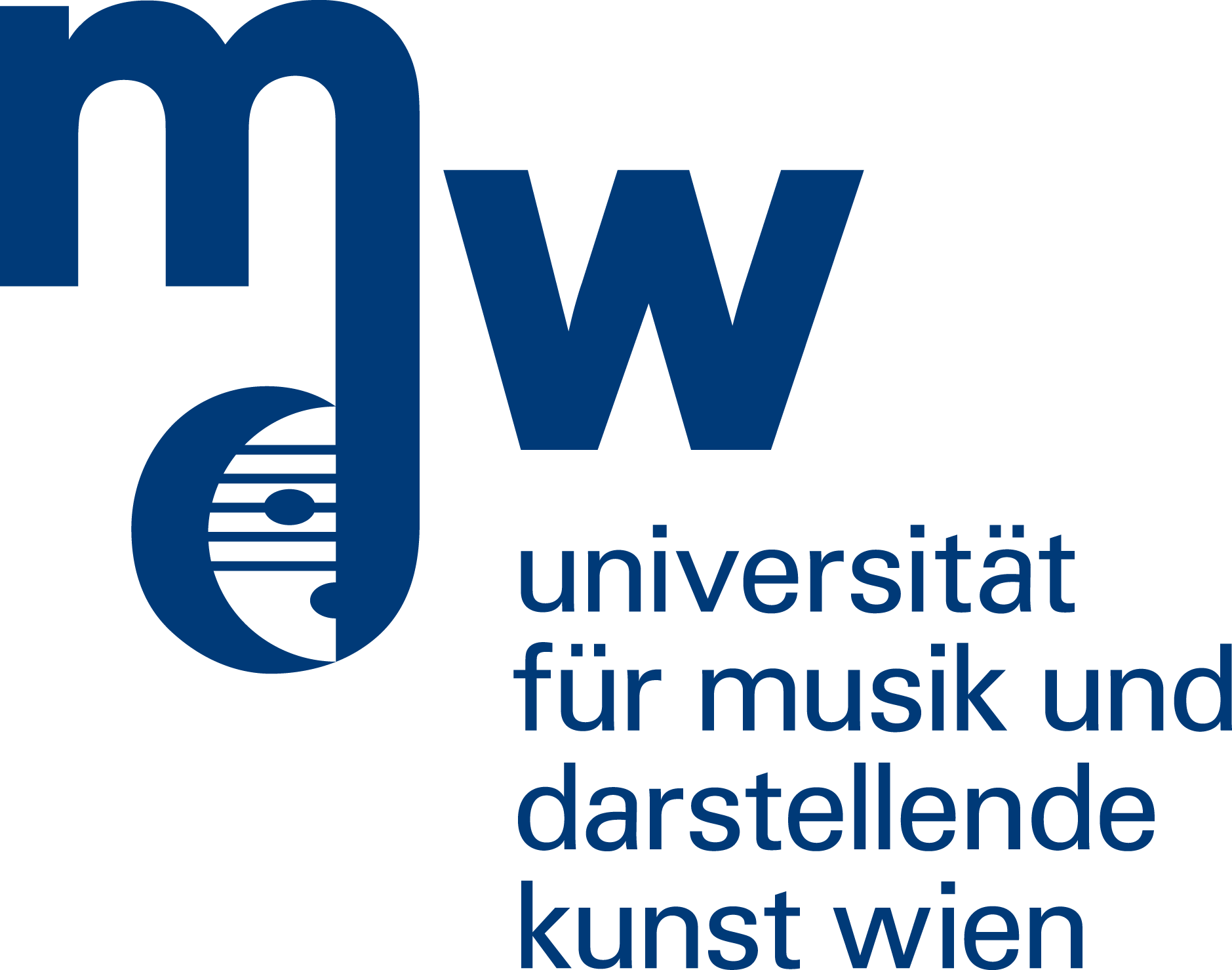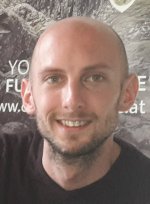
Florian Heigl
COwWEL
A OneWelfare approach studying food vulnerability.
The project "COwWEL" examines, together with citizen scientists from socio-economically disadvantaged groups, conditions that promote or hinder healthy and sustainable consumption behaviour in these groups, taking into account attitudes toward animals and their welfare. The goal is to develop strategies and information material to promote fairer and more sustainable food systems.
What are the aims of the project?
- Evaluation of conditions that promote or hinder the establishment of healthy and sustainable eating practices for vulnerable groups
- Investigation of the role of concepts of human-animal relationships and the welfare of humans and animals (One Welfare).
- Development of individual and political strategies to promote healthy and sustainable food consumption and creation of supporting materials.
- Contribution to the development of healthier, more inclusive, and sustainable food systems through integration into the main project COwLEARNING.
How can you participate in research?
The target group consists of citizens from three vulnerable groups: Syrians or other people of Arab descent, Ukrainians, and Austrians who have received food from food banks in the last five years. In an initial workshop, hypotheses will be developed together, forming the basis for the creation of a questionnaire. After the questionnaire is created, reviewed, and the citizen scientists are trained in interviewing, data collection will take place (i.e., interviewing individuals from the respective vulnerable groups). Following data analysis by the scientific team, individual, societal, and political strategies for sustainable food consumption in vulnerable groups will be developed in a second workshop together with institutions.
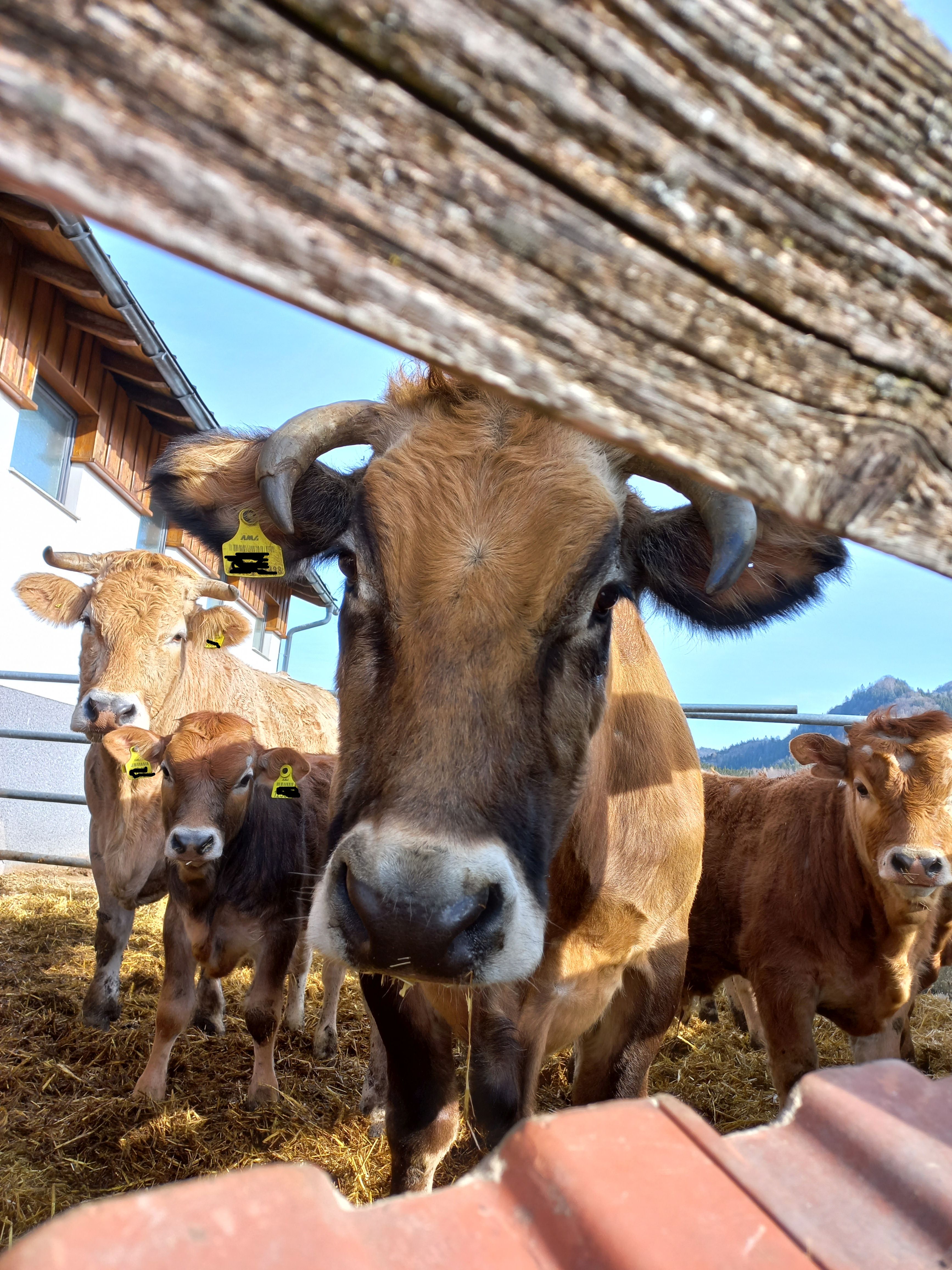
ACCESS
Smart Movement Analysis for Knee Osteoarthritis
ACCESS investigates how knee osteoarthritis affects movement — directly in physiotherapy practices using modern 3D movement-analysis technology. Patients and physiotherapists collaborate with researchers to gain new insights for better treatment.
What are the aims of the project?
ACCESS investigates how knee osteoarthritis affects everyday movement. The goal is to capture movement patterns of patients using innovative 3D motion analysis — directly in physiotherapy practices. Together with physiotherapists, both movement data and information on pain, function, and quality of life are collected. This leads to new scientific insights into how osteoarthritis affects mobility and how therapies can be better tailored. By participating, citizens contribute valuable data to research while gaining insights into modern movement technology and their own health.
How can you participate in research?
You can join ACCESS either as a physiotherapist or as a patient with knee osteoarthritis. Physiotherapists collect movement data using two smartphone cameras to analyze functional tests (Walking, Sit-to-Stand, stair climbing) and health information. Patients voluntarily take part in the 3D motion analysis and complete questionnaires on pain, function, and quality of life. Both groups receive clear instructions and are actively involved in the research — hands-on, anonymous, and directly integrated into everyday therapy.
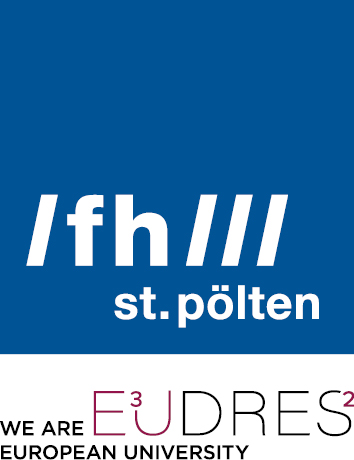

Amphibiom CS Award
Maria Krall from the #citizenscience project AmphiBiom shows in a detailed blog post, peppered with photos, how active the project is as part of the Citizen Science Award 2025.
Young Citizen Science PolliDiversity
In the PolliDiversity project, students explore flowering areas and observe pollinating insects like wild bees. Using digital tools, they collect scientific data and learn how to protect and experience biodiversity.
What are the aims of the project?
In the PolliDiversity project, students investigate the development of flowering areas using the ReNatura® BW3 Gumpenstein wildflower mixture, observe wild bees and other pollinators, and collect scientific data using digital tools. The goal is to raise young people's awareness of the importance of biodiversity and actively involve them in scientific research. The project is accompanied by a biology education study conducted by the Paris Lodron University of Salzburg, which examines how students’ well-being, emotions, environmental awareness, ecological understanding, species knowledge, and connection to nature change through participation. Additionally, the impact of mindfulness is being explored in a comparison group.
How can you participate in research?
Interested schools can register as project partners and participate with their classes. Students create flowering areas, observe pollinators, and document their findings using digital tools and standardized protocols. They are supported by teaching materials, explainer videos, and booklets. Individuals can also engage by accessing the project’s digital platforms, sharing experiences, and supporting the initiative. All relevant information on how to participate is available on the project website and in the project brochure.
-
 Students planting the flowering area Students planting the flowering area
Students planting the flowering area Students planting the flowering area -
 Students identifying the plants Students identifying the plants
Students identifying the plants Students identifying the plants -
 red mason bee (Osmia bicornis) red mason bee (Osmia bicornis)
red mason bee (Osmia bicornis) red mason bee (Osmia bicornis)
https://www.citizen-science.at/en/projects/author/934-florianheigl?start=0#sigProId5b5de21b2a

city-tree-soil
In the City-Tree-Soil project, the Federal Research Centre for Forestry (BFW), the Federal Environment Agency (UBA), the University of Natural Resources and Life Sciences (BOKU) and the University of Innsbruck are investigating the growth conditions of urban trees in Vienna and Innsbruck. Citizen scientists (schools and the general public) are responsible for recording the growth in thickness. In addition, soil carbon is being measured in both cities.
What are the aims of the project?
The project aims to answer three research questions.
- Quantification of the impact of urban tree stands on the growth, carbon storage, water storage and infiltration capacity of urban soils.
- Contributions to determining the carbon balance for the urban areas of Vienna and Innsbruck.
- Communicating the importance of urban trees for humans and the microclimate, and the necessary functions of the soil for this purpose, to society.
How can you participate in research?
Schools and the general public are encouraged to measure the growth of specially selected trees as often and regularly as possible. This is done by reading a value on a scale (dentrometer) attached to the tree. The value is entered into a form on a smartphone using a QR code and sent. No personal data is collected.
Biodiverciti
What role can you play in the biodiversity and climate crisis - in the familiar surroundings of your own garden? Citizen scientists implement biodiversity-enhancing measures in their garden, observe animals and plants and are analyzed how their attitudes and behaviors change.
What are the aims of the project?
BIODIVERCITI pursues two core research questions to analyze the impact of its intervention on Citizen Scientists and their gardens: 1. What improvements can be achieved in indicator species? BIODIVERCITI analyzes the effectiveness of adapted gardening and cultivation practices to increase biodiversity. 2. How do individual climate action and efficacy beliefs change? By transforming their own gardens, citizen scientists can develop a sense of control, even if they feel overwhelmed in the face of global crises. In contrast, experiencing personal limitations in achieving quick ecosystem improvements or feeling that they have “already done their part” can undermine subsequent climate action efforts.
How can you participate in research?
Citizen Scientists can participate in BIODIVERCITI by...
- implementing biodiversity-enhancing measures in their own garden
- observing and reporting selected indicator species
- actively exchanging information on implementation and observations with other citizen scientists and the project team
- taking part in seminars and network meetings for improving their personal knowledge and for discussing project results
- taking part in surveys on attitudes and behavior

Talk: Panties
On 7 May at 2 pm, the third lecture of the summer semester 2025 of our Citizen Science Seminar will take place at BOKU University (in German). This one is about the project ‘Beweisstück Unterhose’. We are very pleased to have Franz Bender from Agroscope as a guest in the seminar.
If you are interested in this lecture and would like to join us online via Zoom, please register using the registration form.
Octopus Den Initiative
How do octopuses use the artificial octopus dens near the Croatian island of Krk, and what can be studied with them? Film or photograph them during your next dive or snorkeling trip to contribute to octopus research!
What are the aims of the project?
The project investigates whether and to what extent wild octopuses adopt artificial octopus dens and which factors influence their choice. Additionally, it examines in which areas they are found, which types of seabed they prefer, and what behaviors they display there. A key objective is to analyze the octopuses' preferences for specific designs and locations of artificial dens. This not only helps to better understand their natural behavior but also promotes the development of new research methods for studying octopuses in the wild and supports the conservation of these intelligent animals. Moreover, the artificial dens provide a unique opportunity to explore the cognitive abilities of these fascinating marine creatures in greater detail.
How can you participate in research?
Divers and snorkelers can take part in the Citizen Science project 'Octopus Den Initiative' by visiting the artificial octopus dens near the island of Krk during their private dives or snorkeling trips (e.g., while on vacation) and observing and documenting what they see. Especially helpful are photos and videos of the artificial dens — whether they are occupied by octopuses or empty. Photos and videos of octopuses found outside the dens are also valuable. The collected photos and videos can easily be shared with us, for example, via email or through our social media channels (e.g., Facebook). Every observation helps us learn more about the behavior and distribution of octopuses in this area. All important information about how to participate, as well as guidelines, can be found on our website.
Pictures
-
 Octopus in the artificial octopus cave H1 Punat lighthouse Octopus in the artificial octopus cave H1 Punat lighthouse
Octopus in the artificial octopus cave H1 Punat lighthouse Octopus in the artificial octopus cave H1 Punat lighthouse -
 Diver at the artificial octopus cave H7 Sv. Marak Diver at the artificial octopus cave H7 Sv. Marak
Diver at the artificial octopus cave H7 Sv. Marak Diver at the artificial octopus cave H7 Sv. Marak -
 Map of the artificial octopus caves (as at 12 March 2025) Map of the artificial octopus caves (as at 12 March 2025)
Map of the artificial octopus caves (as at 12 March 2025) Map of the artificial octopus caves (as at 12 March 2025)
https://www.citizen-science.at/en/projects/author/934-florianheigl?start=0#sigProId73dd95bc0b

Vienna Museum of Technology
Here technology becomes an experience2 . Technology and science are key drivers of our society. They are all around us and determine our daily lives. Our cultural mission is to publicly reflect upon the developments of technology and science and their contemporary effects on society. The integrative combination of original objects with interactive elements is our trademark.
The Technical Museum has entered the field of citizen science with the Sparkling Science project This is (not) Rocket Science!. A project in which work is carried out internally across departments and external relationships with school locations in the museum's neighborhood have been strengthened.
mdw - University of Music and Performing Arts Vienna
The mdw - University of Music and Performing Arts Vienna is one of the world's largest and most renowned universities for the performing arts of music, theater and film. It educates around 3,000 students from 70 countries and offers 115 fields of study and 41 university courses in 25 institutes.
Scientific and artistic research takes place at a number of institutes and research centers and encompasses a variety of disciplines and research fields in the humanities, cultural, social and natural sciences, which are always in interaction with the development and development of the arts (EEK).
The socio-political dimensions of art and culture, the questioning of power structures, the identity-forming effect of music, health promotion in the field of applied research, for example on music physiology and music therapy, are examples of citizen science that is being promoted at the mdw.
Recognizing the potential of non-academic knowledge for research, the mdw promotes innovative, multidirectional and dialogical transfer activities in the form of cooperation with various social actors, interdisciplinary Art & Science projects and the involvement of different target groups. Citizen science is used, for example, in ethnomusicological or music sociological research. The Department of Music Education/Community Music represents a new focus within music education research and practice, enabling students to develop innovative participatory art formats and to critically examine music and society.






